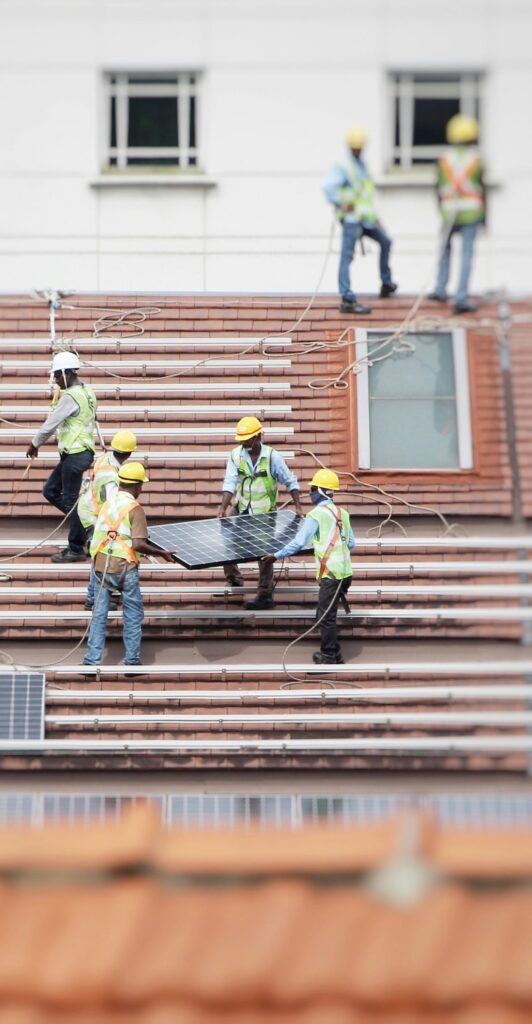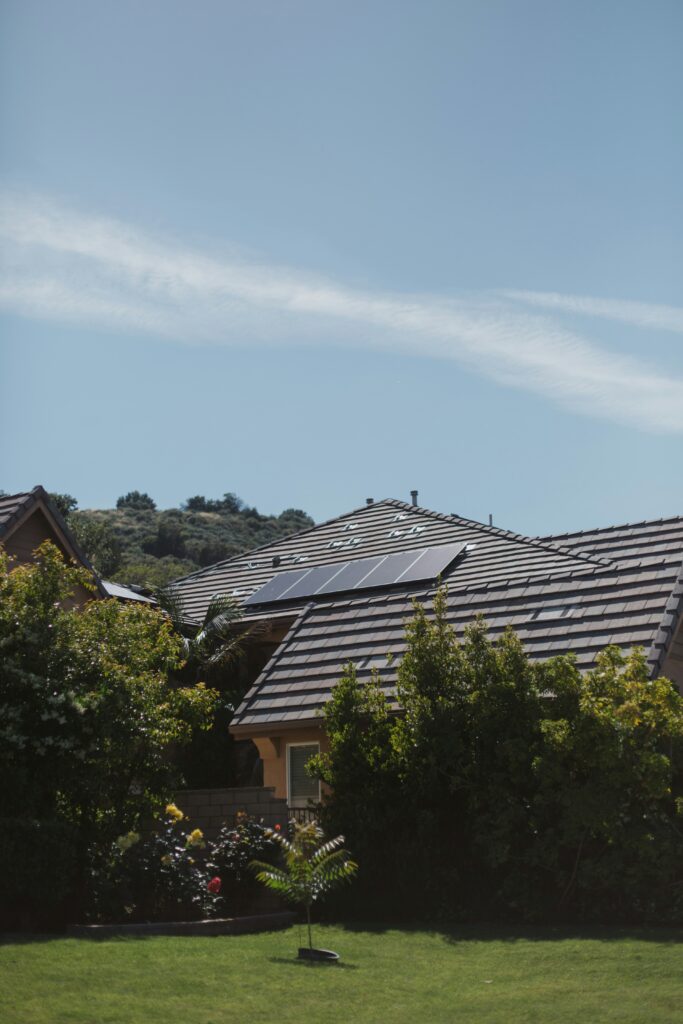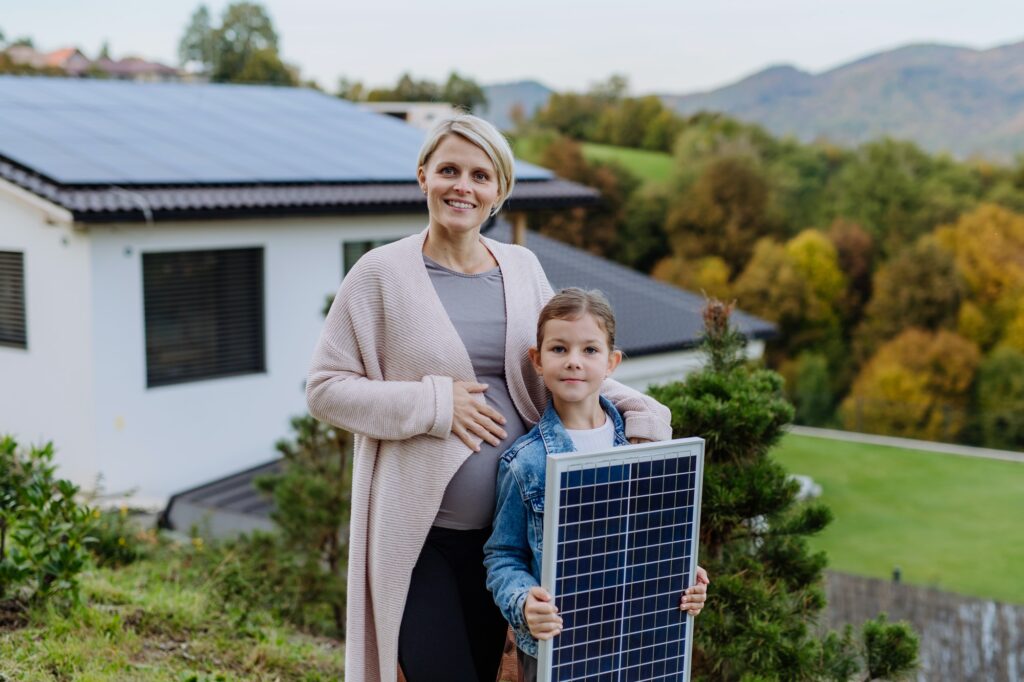How SAA supports consumers
Solar Accreditation Australia supports consumers in several ways:
- Advocacy and representation: SAA advocates for policies and regulations that support the growth of smart and renewable energy technologies. This includes representing the interests of consumers in discussions with government bodies and other stakeholders.
- Education and awareness: SAA works to educate consumers about the benefits of smart energy solutions, renewable technologies, and energy efficiency measures. This includes providing information about the economic and environmental advantages of adopting clean energy.
- Industry engagement: By fostering collaboration between industry players, SAA helps create an environment conducive to innovation and the development of consumer-friendly energy solutions. This can lead to the availability of a wider range of energy options for consumers.
- Networking and events: SAA often organises events, conferences, and seminars to bring together consumers, industry professionals, and experts. These events provide opportunities for consumers to learn about the latest advancements in smart energy, connect with industry leaders, and explore options for integrating sustainable practices into their homes and businesses.
- Policy influence: The council may work towards influencing policies that encourage the deployment of smart energy technologies. This could involve advocating for incentives, subsidies, or regulatory frameworks that make it easier and more attractive for consumers to adopt clean and smart energy solutions.

Benefits of installer and designer accreditation

- Solar Photovoltaic Accreditation: The Solar Accreditation Australia’s accreditation program is designed to ensure that solar PV installers and designers meet industry-recognized standards.
- Accreditation Types: The program includes different types of accreditation, such as Installer Accreditation and Designer Accreditation. Installers are responsible for the physical installation of solar PV systems, while designers focus on system design.
- Industry Recognition: SAA’s accreditation is widely recognized within the solar industry in Australia. Accredited professionals are acknowledged for their competence and commitment to quality.
- Compliance with Standards: Accredited professionals are expected to adhere to industry standards and guidelines, ensuring that installations and designs meet the necessary technical and safety requirements.
- Consumer Confidence: Consumers can have confidence in the quality and reliability of services provided by accredited professionals. Accreditation serves as an indicator of a practitioner’s knowledge and skills in the solar PV sector.
- Code of Conduct: Accredited individuals are required to adhere to a code of conduct, promoting ethical behaviour and professionalism in their interactions with clients and within the industry.
- Ongoing Professional Development: Continuing professional development is often a requirement for maintaining accreditation. This ensures that professionals stay updated on the latest technologies, regulations, and best practices.
- Access to Incentives: In some cases, accreditation may be a prerequisite for accessing government incentives, rebates, or other financial support for solar installations.
- Consumer Information: SAA provides resources for consumers, including a list of accredited installers and designers. Consumers can use this list to verify the accreditation status of professionals they plan to hire.
- Quality Assurance: The program contributes to quality assurance by setting a benchmark for the skills and knowledge required in the industry. This helps ensure that consumers receive reliable and effective solar PV solutions.
It’s recommended to check our website for the most up-to-date information on the Solar Accreditation program in Australia. Always verify the accreditation status of professionals before engaging in solar PV installations or designs.
Contact Solar Accreditation Australia
If you are an accredited designer or installer, please contact us via the Accreditation Dashboard link in the top right corner.
Postal address
Address 1
Address 2
Email Us
contact@saaustralia.com.au
Call Us
000-111-2222
Send a Message
Understanding solar: a guide for consumers

What is solar energy?
Solar energy is a clean and sustainable option for power compared to fossil fuels. It works by using solar panels, also known as photovoltaic (PV) panels, to turn sunlight into electricity. In a standard solar power setup, these panels convert sunlight into direct current (DC) electricity. Then, inverters change this power into alternating current (AC), which can be added to the electricity grid.
According to Australian government data, in 2022, solar power provided 14% of Australia’s electricity. Rooftop solar generation installed by homeowners and businesses grew 18% in 2022, and by an average of 22% per year since 2015. Large-scale solar generation – sometimes called solar farms, solar power plants or utility-scale solar – provided 5% of all Australian electricity generation in 2022.
Choosing solar power for your home
Figure out your energy needs. If you want to use solar energy and save money, start by checking your old electricity bills. Find the average amount of electricity you use each month, measured in kilowatt-hours (kWh). For example, if you use around 1000 kWh per month, you'll need solar panels that can generate at least that much electricity. If you're unsure, ask a solar expert for advice.
Check your roof. The size and direction of your roof matter when picking solar panels. The size decides how many panels you can have, while the direction affects how well they work. In Australia, panels facing north work best, but east and west-facing ones can also work well. Ask a solar expert for guidance.
Set your budget. Make sure to find solar panels that give you good value for your money. The Australian government offers a rebate that covers up to $1400 of your total project costs. Depending on where you live, you might get more funding. Your Solar Accreditation Australia-accredited expert can tell you about this.
Check solar brands.
To get a government rebate, make sure your solar panels are on the approved product list. Your solar expert can help you choose a trustworthy brand.
Get quotes.
Get quotes from at least three different solar installers and make sure they are accredited by Solar Accreditation Australia. This helps you find the best price for your solar system.


Installation and maintenance
The Australian Standard for solar installation requires you are given documentation for your system. Your solar installer will give you information on how to safely turn your system on and off and who to contact for warranties. This is also important for anyone servicing your system. To keep your system working well, it's recommended your solar panels are serviced at least once every two years. Your solar installer will provide a schedule for maintenance.
